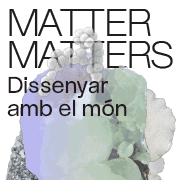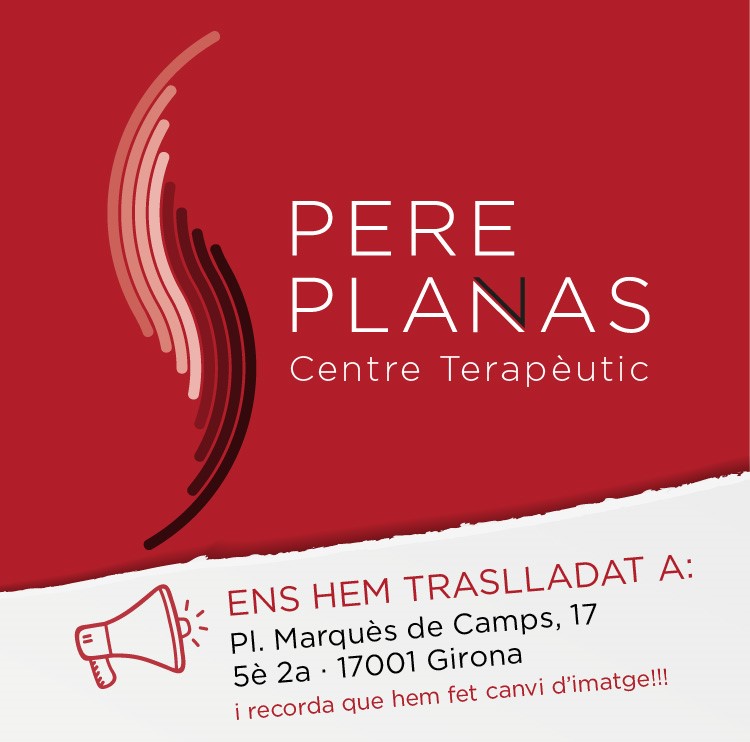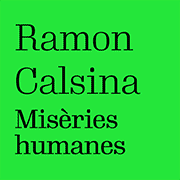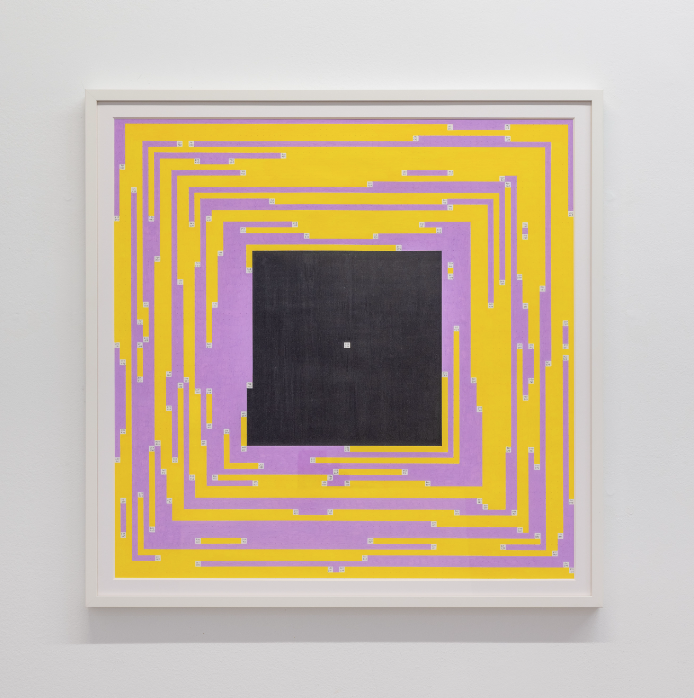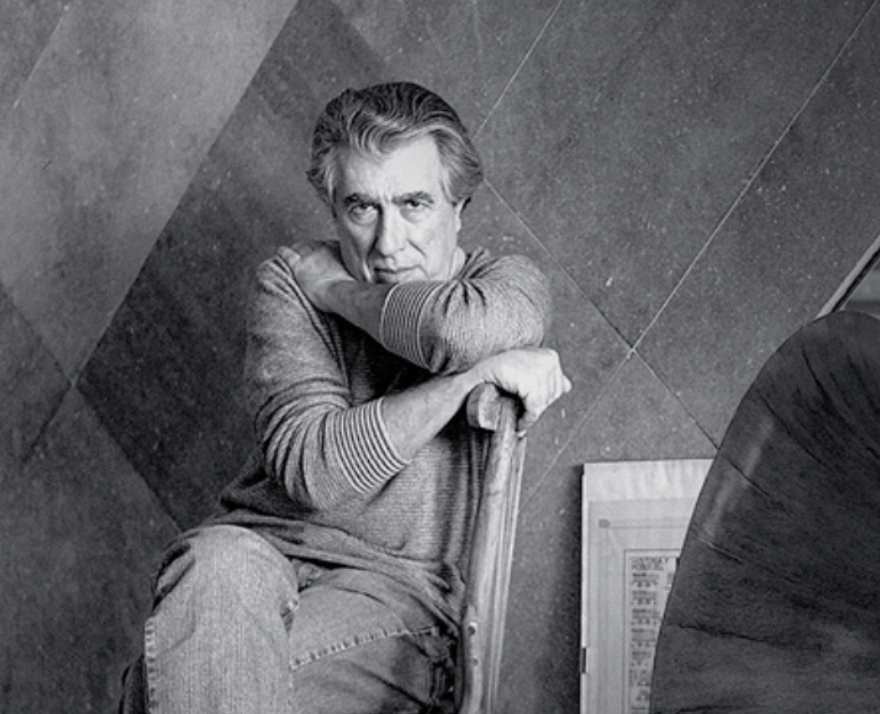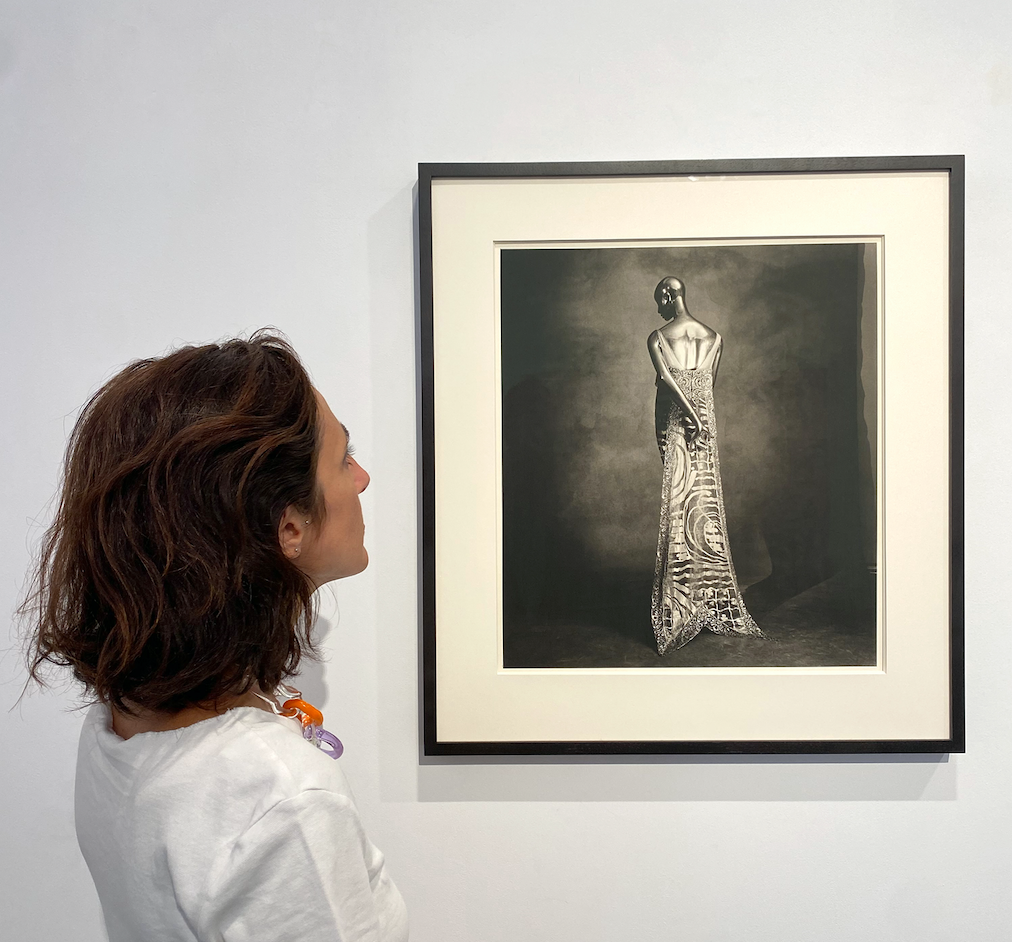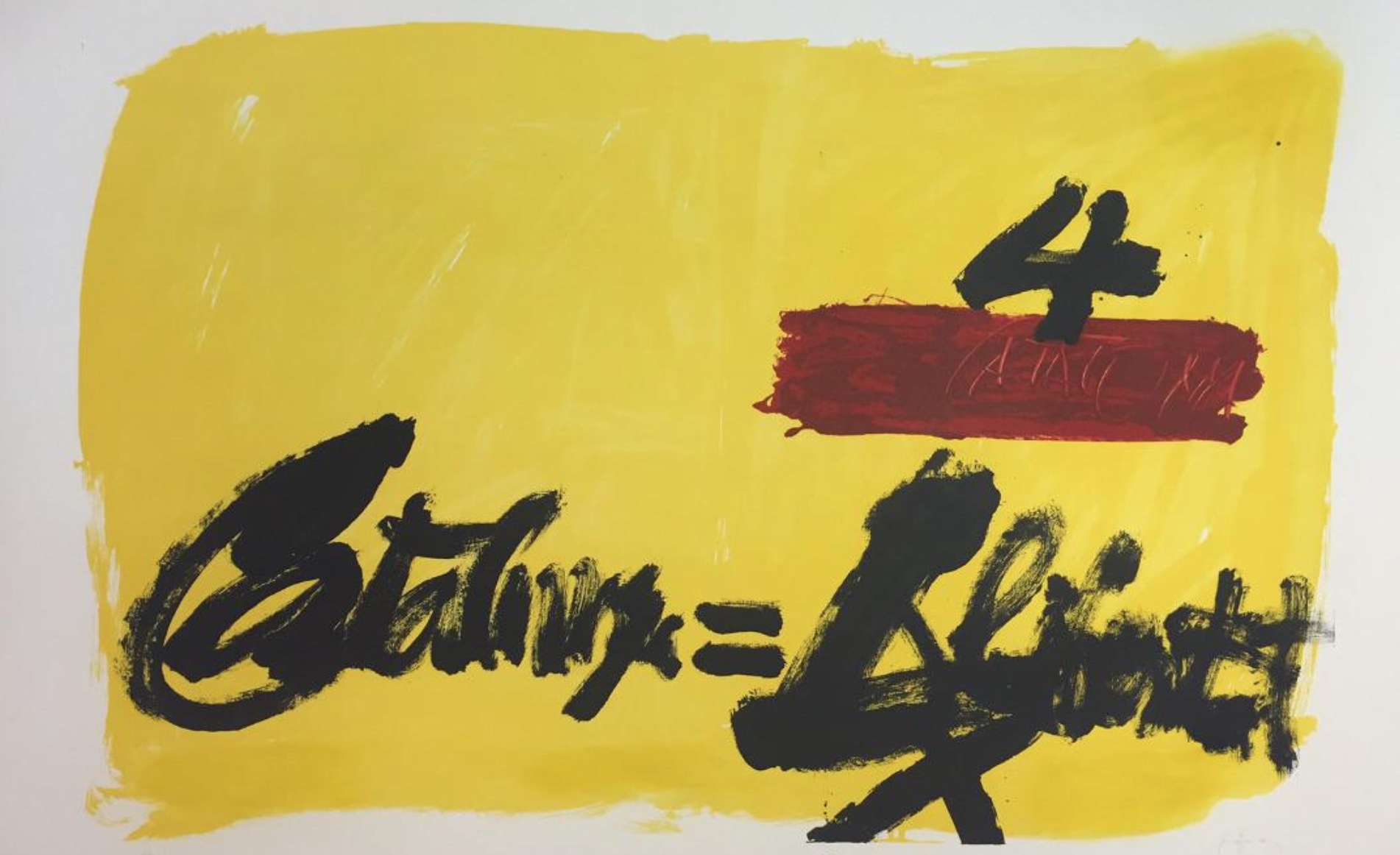Exhibitions
Meriem Bennani, Kahlil Joseph at the Karrabing Film Collective and Eye Film Museum
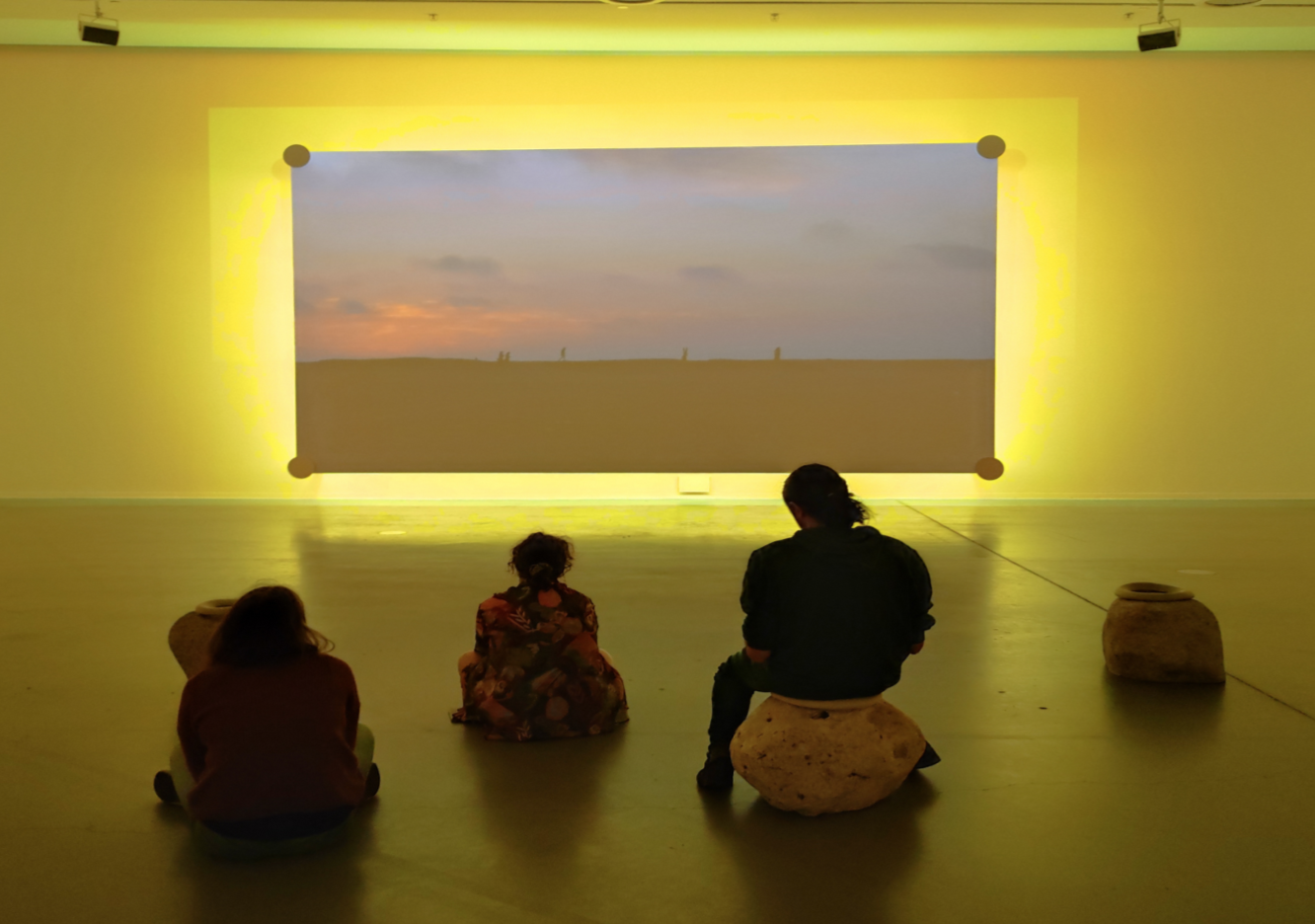
From June 11 to September 18 this year you can visit the temporary exhibition of Meriem Bennani, Kahlil Joseph and Karrabing Film Collective at the Eye Filmmusuem in the city of Amsterdam, who are the three recent winners of the Eye Art & Film Prize. One of the most outstanding features of the work of these three artists is their commitment to the world and the way they effortlessly cross the borders between cinema, documentary and visual art.
In this exhibition we can appreciate the work of Meriem Bennani, who won the award in 2019 with her refreshing, slightly disruptive and innovative films and installations. Born in Rabat in 1988, she playfully explores contemporary topics – and taboos – in the fields of gender, identity, migration and biotechnology in films where 3D animation gives the world a surreal touch. Bennani questions the traditional forms of film and documentary, provoking debates on sensitive topics such as hijabs, neo-colonialism and refugees. Bennani's world is populated by a cast of talking crocodiles, lizards, donkeys and other characters.
His work is a representation of North African culture, in which he challenges viewers to reconsider their assumptions, habits of vision and cultural-political orientation. Using video mapping to project films onto all kinds of surfaces and objects in space-filling installations, it immerses visitors in an overwhelming and vividly colored flow of images and sounds. For his part, Kahlil Joseph places his work at the intersection of cinema, visual art, pop music and cultural criticism. Born in Seattle in 1981, he rose to fame with his pioneering music videos for musicians such as Kendrick Lamar, FKA twigs and Beyoncé. He has since expanded his scope to include large-scale video installations in which he explores and celebrates black culture in the United States.
With his work he criticizes stereotypes and exposes the power structures of the main media. It also eschews clichés and provides a platform for rarely seen images. It conveys its political commentary with a refined visual style, a vibrant mix of fiction and reality, sound and image.
The most recent winner (2021) is the Karrabing Film Collective, which consists of a group of indigenous people from Australia's Northern Territories. Together they make films that tell stories about their lives, in which they face the destructive effects of colonialism every day: social inequality, poverty, cultural loss and pollution.
Despair, however, is not the central concern. In fact, his works are full of humor, lightness and spontaneity. In their films they offer a new perspective on indigenous life from the inside. They are not the inferior "other" of the colonial media, nor are they a romantic, primitive people or powerless victim. The collective uses cinema to repair and strengthen the connection between themselves, their homeland and their ancestors, this is how they sustain their culture. In addition, they work without hierarchies, scripts or scenarios.
It should be remembered that every year Eye awards the Eye Art & Film Award to an artist or filmmaker who makes a significant contribution to the intersection of cinema and visual art. The award was established in 2015 by Eye and the Paddy and Joan Leigh Fermor Arts Fund. The prize winner can use the annual prize of 25,000 British pounds to create new work.
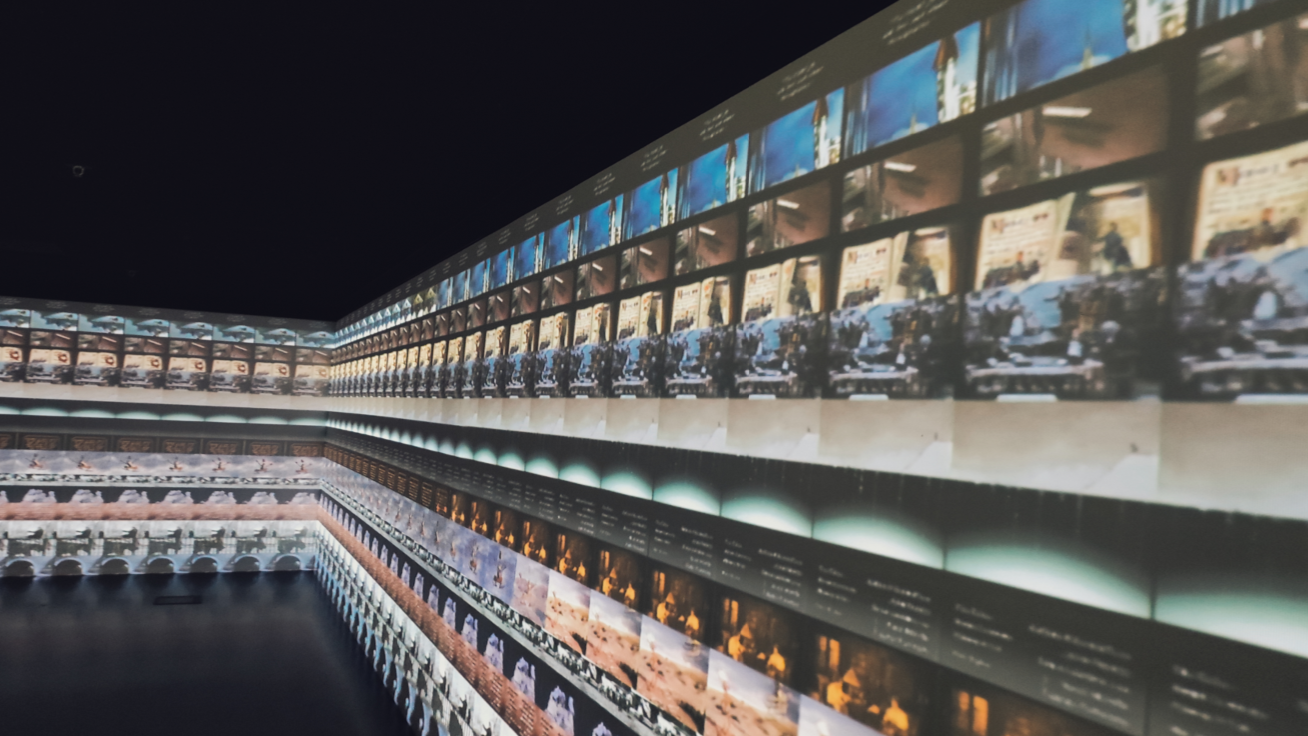
Permanent exhibition and special exhibition of posters
On the other hand, on the ground floor of the Eye Filmmuseum you can also visit the permanent exhibition that explains what film equipment and filmstrips were like and what technological developments cinema has experienced. The visitor can also enjoy the various objects that highlight the world of the moving image and the special collection of more than 52,000 unique movie posters. Among them are posters from the early days of cinema to the latest blockbusters and Arthouse films.
These posters provide an overview not only of the history of cinema, but also of the evolution of graphic design. Visiting hours at the Eye Film Institute in Amsterdam are from Monday to Sunday from 10:00 a.m. to 7:00 p.m. in the evening.


